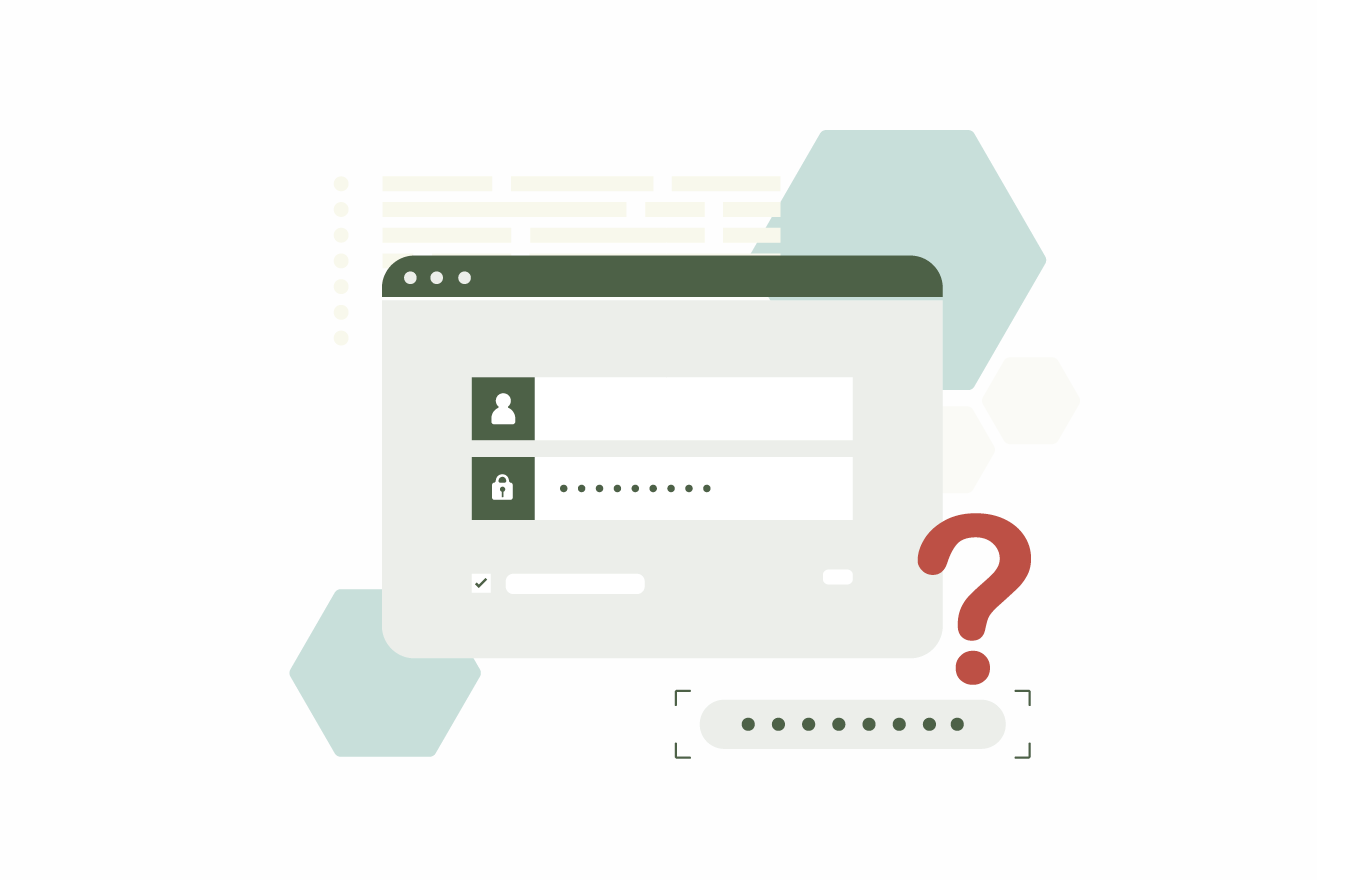
Where do I store my data before I die and how?
We all know our own passwords and understand what email goes to which log in, but do any of us have a place where this is store for our friends and family to manage after we die? Here’s why data storing is important and 4 companies that our team at Near recommends.
- Preserving Memories: People accumulate a vast amount of digital data over their lifetimes, including photos, videos, documents, emails, and more. This data often contains memories and experiences that are meaningful to both the individual and their loved ones. Storing this data ensures that these memories can be preserved and shared with future generations.
- Legacy Planning: Leaving behind a digital legacy can be an important part of estate planning. It allows you to pass on valuable information, financial records, and sentimental items to your heirs, making it easier for them to settle your affairs after your passing.
- Business and Financial Records: For business owners, freelancers, or individuals with complex financial situations, maintaining a record of financial transactions and documentation is crucial for tax purposes and the orderly transfer of assets.
- Legal and Compliance Obligations: Depending on your jurisdiction, there may be legal requirements to retain certain types of data for a specified period. Failure to do so can result in legal and financial consequences. Storing data properly can help ensure compliance with these regulations.
- Protecting Personal Information: Proper data storage includes security measures to protect sensitive personal information from unauthorized access or identity theft. Losing control of your data after death can lead to privacy breaches and potential harm to your surviving family members.
- Continuity of Digital Services: Many online accounts, such as email, social media, and cloud storage, require regular access to remain active. If you don’t plan for the management or transfer of these accounts upon your death, they may be deactivated, and the data could be lost.
- Research and Historical Documentation: Personal data can also have historical and research value. Researchers, genealogists, or historians may find your digital records valuable for understanding a particular time period, culture, or family history.
- Sentimental Value: Beyond the practical aspects, some data may hold deep sentimental value. It could include letters, diaries, or personal projects that you want to preserve for the emotional connection they represent.
- Peace of Mind: Knowing that your digital assets and information are organized and protected can provide peace of mind, both for you and your loved ones. It ensures that your wishes regarding your digital life are respected.
To address these considerations, individuals should create a comprehensive plan for data storage and management as part of their end-of-life preparations. This plan may include designating a digital executor, documenting account information and passwords, specifying how data should be handled, and making backup copies of important files.
Here are 4 companies that manage and will securely store your data before and after you die.
CLOCR
It’s easy and takes 60 secs, start to finish.
My Life & Wishes
Helpful, insightful and easy to use.
Keylu
Your life simplified
My Life Capsule
Ultra-secure digital vaults
Ultimately, taking the time to address data storage before passing away can help alleviate potential difficulties for your friends and family and ensures that your digital legacy is handled according to your wishes.




